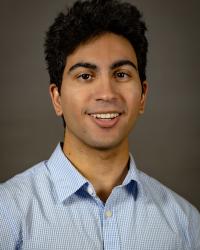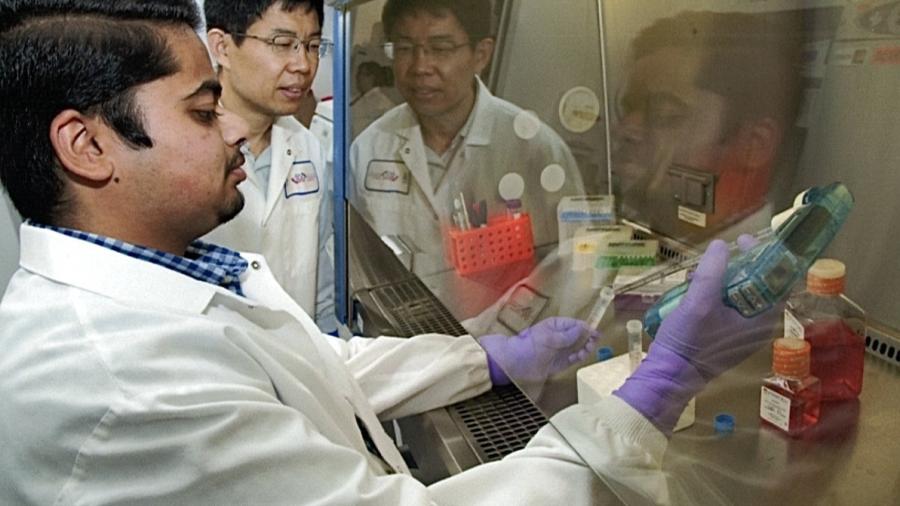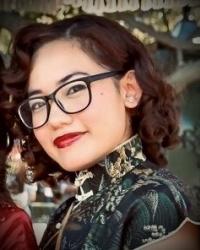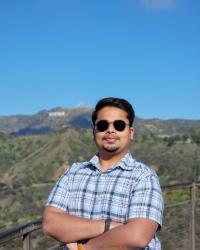Recent graduate Bryan Yavari hopes to make a difference in people’s lives, improving communication between doctors and patients
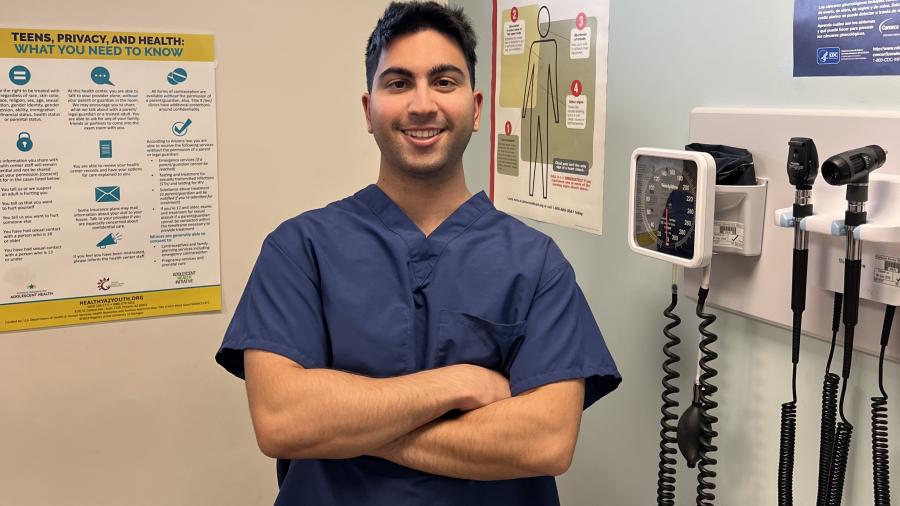
Bryan Yavari '24, will be taking the MCAT and applying to medical schools following his recent graduation from ASU.
Bryan Yavari, a 2024 graduate who majored in neuroscience, has closed the chapter of his collegiate career filled with numerous achievements. Yavari chose to study neuroscience after a years-long interest in the brain, how it works and the research opportunities available to discover what is not yet known about it. During his undergraduate career in SOLS, Yavari led two projects focusing on cancer in the Arizona Cancer Evolution Center. One is a cancer communication study investigating how the public and clinicians communicate about cancer, and the other is an AI prognostic project for skin cancer. He was also a member of a team that studies adaptive therapy to treat colon cancer.
Yavari founded and co-leads the AI prognostics project with Walker Mellon, a graduate student studying data science, analytics and engineering. Their project won the Global Impact award at this year’s Biodesign Fusion conference. The project, titled, “Utilizing LLM Retrieval Augmented Generation for Skin Cancer Prognostics” involves developing a chatbot similar to Chat GPT that is able to provide accurate information regarding skin cancers. Rather than suggesting a diagnosis, the chatbot will provide the information needed for physicians to make a diagnosis.
Yavari’s team currently has a working prototype of the AI model that uses Retrieval Augmented Generation (RAG) to obtain scientific information from published, peer-reviewed papers and are collaborating with the Daneshjou Lab at Stanford University for clinical testing. The goal of this technology is to give dermatologists and researchers the necessary tools to make evidence-based decisions through the minimization of bias by making the retrieval of information easier and more efficient.
While he was an undergraduate student, Yavari received the Moeur award in recognition of the 4.0 grade point average he maintained throughout his time at ASU. He also won the Barrett Gold Standard award for community service, as well as the Innovation award from the Fulton Engineering Projects in Community Service program (EPICS). Additionally, Yavari was involved with the School of Life Sciences Undergraduate Research Program (SOLUR) and presented at the BioSci Southwest Symposium.
Outside of SOLS, Yavari’s Honors thesis, directed by Nobel Prize Winner Lee Hartwell, studied the impact of air pollution on human health. He led a group project through EPICS focused on Ulaanbaatar, Mongolia, as it has “some of the worst air quality in the world and many don’t have access to electricity,” says Yavari. Yavari merged his skill sets and led the group’s creation of fully autonomous air purification systems, Koyash, to help the residents of Ulaanbaatar breathe clean air inside their homes.
Now that he’s earned his bachelor’s degree from ASU, Yavari’s next steps are to take the MCAT and apply to medical school. Ultimately, “seeing the impact that medical care has on someone's life, especially for people I saw when volunteering in the clinic” is what Yavari says inspired him to pursue medical school. Following his research projects at ASU, he hopes to continue bridging the gap in improving clinical communication between doctors and patients.
To students who are just starting their undergraduate journey in science, or those who are already on their way, Yavari says that the most important advice he learned and would tell others is that “for every experiment or project you participate in, even with failures, you have to have the same unwavering desire to make it happen regardless of any setback - especially in the research field where there's no definitive way to do something. Even if you have to be creative, no matter what mistakes you make, you still have to have the same kind of motivation to do it time after time."
